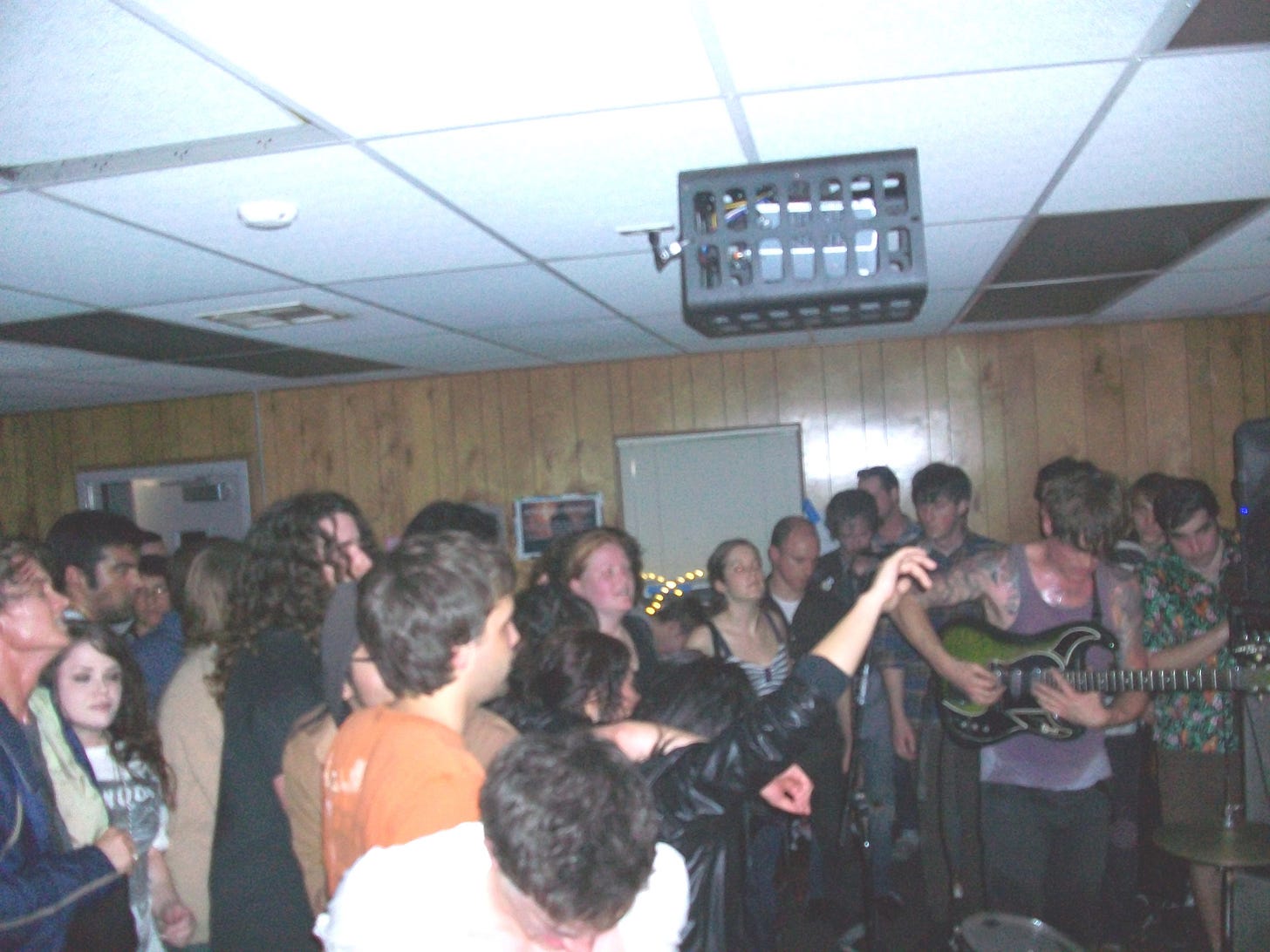My Interview at Music Journalism Insider
Talking music writing with someone who values music writing as much as we do.

Todd Burns, a seasoned music editor and writer, runs Music Journalism Insider, a newsletter about music writing. It’s the world’s only trade publication for music journalists. It includes roundups of the best stories he’s read each week, alongside job listings and original interviews with music writers, scholars, and researchers. For this week’s newsletter, he interviewed me.
Here’s a sample. You can read the full interview here.
I love this newsletter so it was a total thrill to talk with Todd about music and writing. Thanks, Todd!
Q&A: Aaron Gilbreath
Aaron Gilbreath is a journalist and essayist who has written for Harper’s, The New York Times, and many more outlets. He is the author of This Is: Essays on Jazz and, most recently, The Heart of California: Exploring the San Joaquin Valley. Previously an editor at Longreads, he now runs the Substack music series Alive in the Nineties. In this excerpt from our interview, Aaron explains his current day-to-day.
Back when I was focused on freelance magazine stories, I always worked another job or two, so I’d get up and try to write for whatever amount of time I could—five minutes, 60 minutes—before I went to the tea shop or the university writing center where I worked. My typical day was aimed at getting as much writing time in as possible around my paying work. I always have strong green tea and dark chocolate. That’s my fuel. So I’d hit that hard and write hard... Then after work I’d try to pack in even more writing time. It was hard to get stories done in such small, fractured bits of time. You need to concentrate, so morning and night were best.
My routine now is wake up, make breakfast for my daughter, help get her dressed and pack her lunch for school or camp, then I get right to work at my full-time marketing job, which has nothing to do with music. To write the stuff I love—so about music or environmentalism—I have to do it at night, which means stealing from the small pool of time my wife and I have to spend together, or exercise, or rest my exhausted self. And that burns me out. So I write much more slowly than I used to, because I have less time to do it, but I love writing as much as ever, and I manage to stay productive. And as my daughter grows, more time will return. It’s okay. I’d rather spend time with her anyway. She’s my greatest joy.
How has your approach to your work changed over the past few years?
Like I was saying above, I don’t have much time, so right now, I just play the long game. I don’t think in terms of days as much as projects, because over time, you can get a lot done. Pages pile up if you write a page a day over a few years. I recently published a long music story about the pre-grunge Seattle band Cat Butt. I worked on that thing for over two years, just chipped away at it. The hardest thing is to have to constantly interrupt yourself to do other things: like work, parent, water your yard. Writing like that is like fileting your brain as a steak. It tests my patience to have to get a little writing time in, then have to pivot to a million other pressing tasks and stop for a full day or more. It’s like smelling a chocolate bar that you don’t get to eat for a week. What a tease. You constantly delay your own gratification by not getting enough time to really immerse deeply, but I do that because I’m determined and I have no choice—and also because I know that if you hang in there for the marathon, you’ll finish projects.
I did the same with my music post about the first Lollapalooza show of the first tour, which I attended with my friends in our hometown of Phoenix. Instead of taking years, that one took months to do around my busy ass life. But piece by piece, I put it together. Maybe it’s not my best work, but it’s good enough to let others read, and at my age, with as little time as I have, good enough is good enough for me.
How do you organize your work?
Piles of sticky notes and notebook pages all on my writing desk. Piles of books that are “in process,” be it for pleasure or research. My writing area looks like a total disaster, but it’s well-decorated and next to our home library, so the order of the bookshelves counteracts the clutter of my creative process and makes it all look studious. (The books also remind me why I bother to do this at all.)
On my computer, I just use Word docs and folders to organize it all. Each draft gets its own number so I can keep track: AG1, AG2, AG3. Simple as that.
Causes Worth Supporting
From Aaron Gilbreath:
The Nature Conservancy. I love them beyond words. They protect the natural world, all over the world, to preserve biodiversity and strengthen our connection with the natural world.
Also, you can contribute to Inside Climate News, which is a Pulitzer Prize-winning, nonprofit news organization that reports on climate change, the clean energy transition, and more. Again, it’s nonprofit, so like all of us journalists, their journalists need support for the important work they do.
Subscribe to Burns’ Music Journalism Insider. Support the cause.
And check out all the causes his interviewees have suggested here.



Really great stuff here. and thanks for sharing about your writing process as you juggle all the responsibilities and business of life.
the crossover we needed!